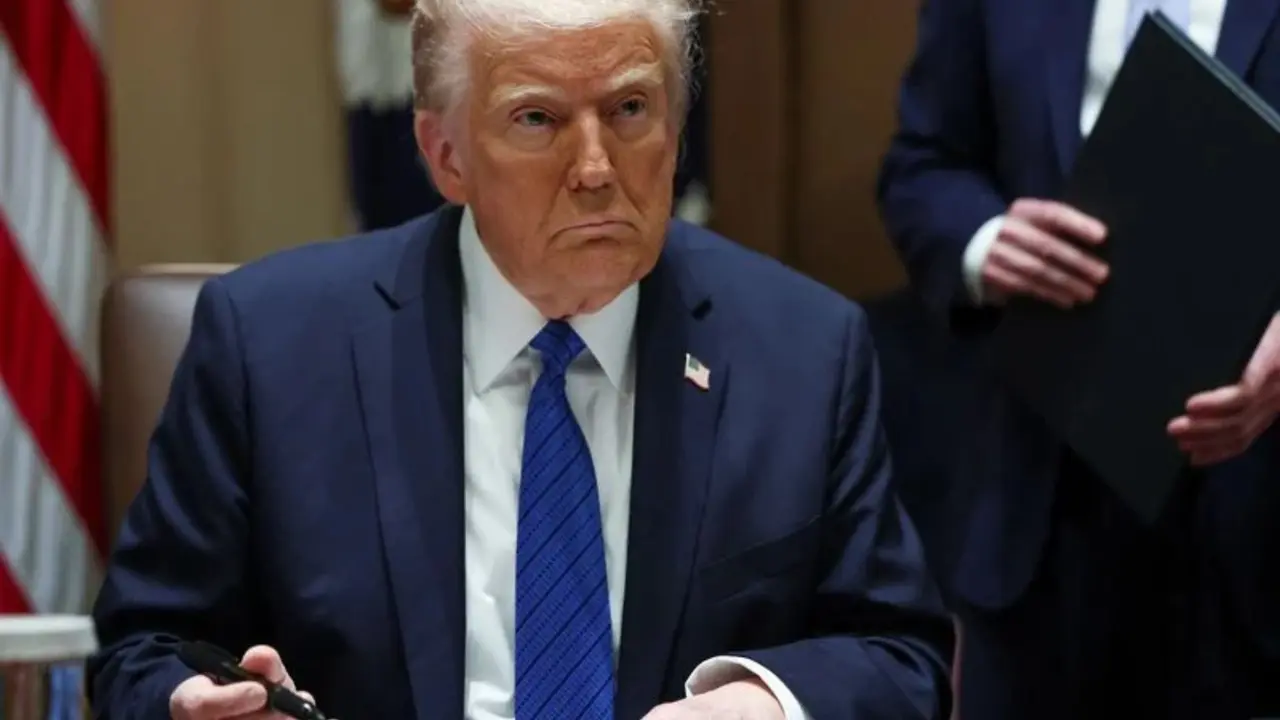Updated 29 March 2025 at 20:24 IST
The ‘Signals’ Beyond Signalgate
The re-entry of Donald Trump at the helm of power in the United States has brought about a tectonic shift.
- World News
- 3 min read

The re-entry of Donald Trump at the helm of power in the United States has brought about a tectonic shift in how global powers conduct themselves in the ultimate ‘wrestle mania for clout and influence’. In this context, one must view the insights brought to light by the Signal Gate controversy.
While much has been discussed about the lapse in security and the loss of face for the officials involved, a far more significant revelation lies in the content of the leaks rather than the controversy itself.
While discussing planned attacks in Yemen targeting the Houthi rebels and securing sea routes in a Signal group chat, U.S. Vice President JD Vance expressed frustration, stating, "I just hate bailing Europe out again." Defense Secretary Pete Hegseth concurred, criticizing European allies as "free-loading" and "PATHETIC," while acknowledging that the U.S. remains the only capable actor to address certain global security challenges.
Additionally, National Security Adviser Mike Waltz emphasized the need for Europe to share the financial burden, noting that while only 3% of U.S. trade passes through the Suez Canal, it accounts for 40% of European trade. He indicated that the U.S. was working to determine the costs associated with securing these shipping lanes and how to levy them on European nations.
Advertisement
This signifies a crucial and notable shift in how the United States conducts itself. The key takeaway from these candid conversations—discussing the fate of an entire region in turmoil—is that the U.S. is no longer willing to defend its allies’ interests if the compensation for doing so is disproportionate.
VP Vance’s stance on “bailing out,” Pete Hegseth’s critique of allies “free-loading,” and Mike Waltz’s emphasis on making European nations pay for U.S. military defence make it clear that a strong “signal” exists beyond the Signal Gate controversy.
Advertisement
With this perspective, India’s foreign policy of maintaining strategic autonomy—trading with diverse blocs amid the ongoing Russia-Ukraine and Israel-Palestine conflicts—appears, in hindsight, to have demonstrated significant strategic foresight.
Over the past decade, India has notably diversified its defence procurement and placed greater emphasis on Indigenous defence manufacturing, reflecting an ability to anticipate geopolitical shifts early on.
The question now is how long it will take for European nations to recognize the increasingly transactional nature of U.S. foreign policy and work toward comprehensive defence self-sufficiency.
More than ever, it seems that the ally across the Atlantic is less inclined to cross oceans to secure foreign borders. This is the Signal one must understand beyond the Signalgate.
Published By : Anubhav Maurya
Published On: 29 March 2025 at 20:24 IST
